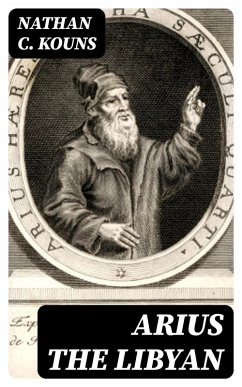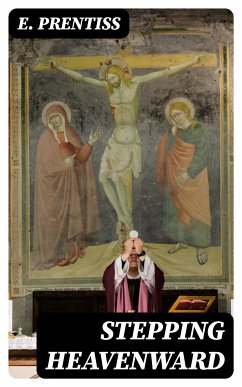
True Riches; Or, Wealth Without Wings (eBook, ePUB)
Versandkostenfrei!
Sofort per Download lieferbar
1,99 €
inkl. MwSt.
Weitere Ausgaben:

PAYBACK Punkte
0 °P sammeln!
In "True Riches; Or, Wealth Without Wings," T. S. Arthur explores the intricate dynamics between material wealth and spiritual enrichment. Set against the backdrop of 19th-century America, Arthur employs a didactic literary style, weaving together rich narrative detail and moral lessons that encourage readers to reconsider the concept of true wealth. The book examines the lives of its characters, revealing their struggles and values while advocating for a life guided by virtue over mere financial gain. The narrative, ripe with allegorical significance, illustrates how one can achieve genuine f...
In "True Riches; Or, Wealth Without Wings," T. S. Arthur explores the intricate dynamics between material wealth and spiritual enrichment. Set against the backdrop of 19th-century America, Arthur employs a didactic literary style, weaving together rich narrative detail and moral lessons that encourage readers to reconsider the concept of true wealth. The book examines the lives of its characters, revealing their struggles and values while advocating for a life guided by virtue over mere financial gain. The narrative, ripe with allegorical significance, illustrates how one can achieve genuine fulfillment through integrity and meaningful relationships, rather than chasing ephemeral riches. T. S. Arthur, a prominent figure of the American literary scene in the mid-19th century, was known for his advocacy of social reforms through literature. His background as a writer for periodicals and his involvement in the temperance movement greatly influenced his thematic emphasis on morality and personal virtue. Arthur's insights into the societal pressures of wealth during this transformative era reflect his own views on the pitfalls of materialism, making this work a critical commentary on the values of his time. "True Riches" serves as a profound reminder of the enduring significance of moral character in an increasingly consumer-driven world. Readers seeking a thoughtful exploration of wealth's true nature will find Arthur's reflections both pertinent and enlightening, making this book a valuable addition to the canon of American moral literature.
Dieser Download kann aus rechtlichen Gründen nur mit Rechnungsadresse in A, B, BG, CY, CZ, D, DK, EW, E, FIN, F, GR, H, IRL, I, LT, L, LR, M, NL, PL, P, R, S, SLO, SK ausgeliefert werden.













